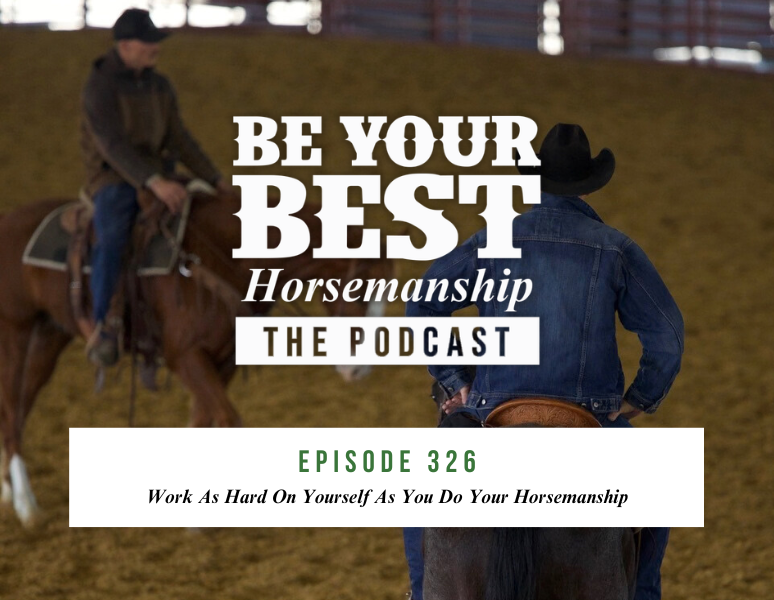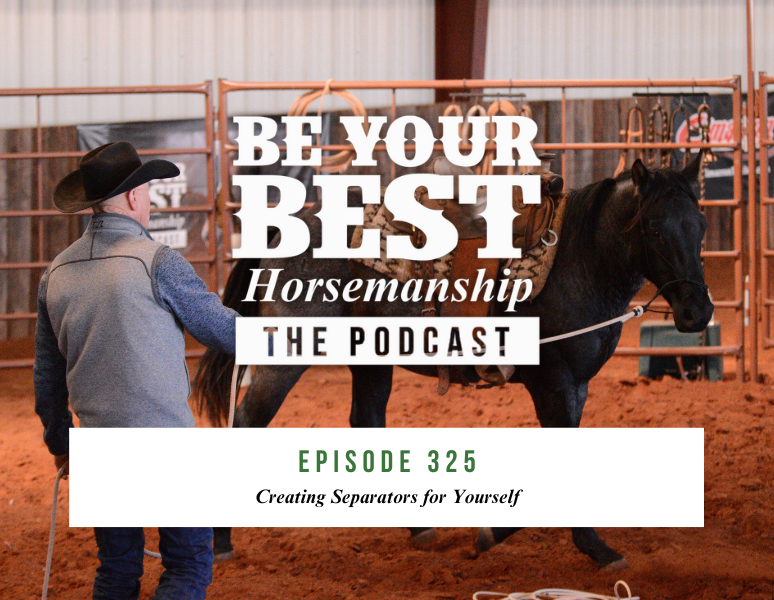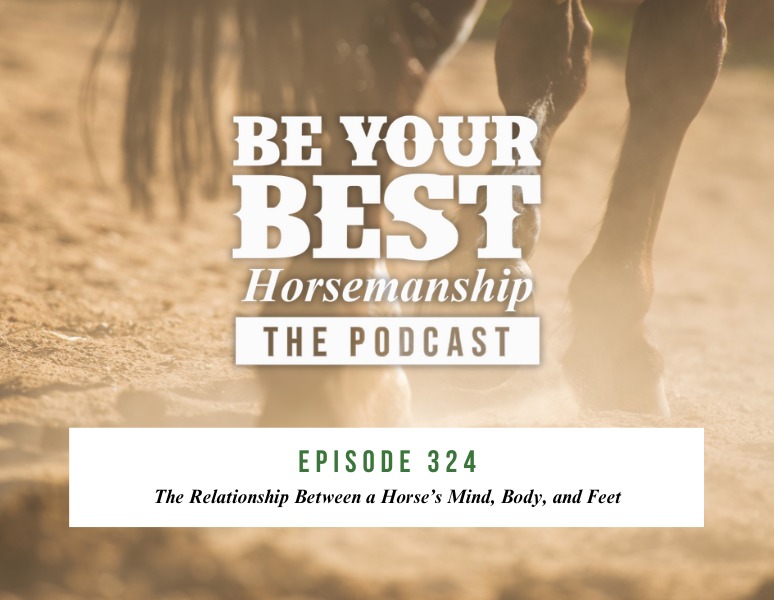Ep 251: Setting Weanlings and Yearlings Up For Success
In this episode, I'm covering a question from one of our listeners:
"I would love to hear a discussion about setting yearlings up for success. I've got a 10 month old colt coming home this month and this will be my first experience with one this age. He is coming from an awesome breeder who has taken a lot of time to get him off to the right start and I would love to continue to do so once he's home."
Laying the Foundation for Success: The Importance of Early Training in Colts
When it comes to training, the foundation is everything. I’ve seen it time and again—problems arise later when there are holes in that foundation, especially as we start adding speed to our horses. It’s become clear that there’s a real shortage of what I call “foundation experts.” These are the folks who excel at laying down the groundwork for a horse’s success. We used to think of colt starters as the bottom of the training chain, but in reality, they’re the most crucial part of the process. If you don’t get a good start, it’s unlikely you’ll have a good ending.
Setting Weanlings and Yearlings Up for Success
When working with young colts, it’s crucial to start with simple, clear signals. Consistency over time builds confidence, and even at this early age, you can begin instilling good habits. For example, we’ve got a weanling here that we’ve been working with throughout the summer. By handling her regularly and teaching her to respond to basic cues, we’re building an association that will serve her well as she matures. It’s never too early to start making small strides that build confidence, even if it’s just a few minutes of handling each day.
The Balance Between Confidence, Trust, and Respect
One thing to remember when working with young horses is the balance between building confidence and respect. It’s easy to let those cute little weanlings nibble on you or push you around, but that behavior isn’t so cute when they gain 700-800 pounds. From the start, it’s important to establish boundaries. For example, when I ask our weanling to move, she needs to respect my space and respond accordingly. Even though she’s young, I’m already working on things like desensitizing her to pressure and getting her to yield to cues.
Having a Plan: The Key to Successful Training
Whether you’re working with a weanling, yearling, or two-year-old, it’s essential to have a plan. Don’t wait until your colt is big and strong to start training. By then, you’re already behind the eight ball, and it’s tough to catch up. For our horses here, I have a plan for each one, whether they’re staying with us or eventually being sold. This planning ensures that when we do start more intensive training, the horses are prepared and ready.
Stimulating the Thinking Side of the Brain
A key part of training, especially with young horses, is stimulating the thinking side of their brain rather than the reactive side. For example, when I apply pressure and release it once the horse responds correctly, I’m teaching them to think through the situation. This is particularly important when you’re working on getting the horse comfortable on both sides of their body. Just because a horse is comfortable with you on the left side doesn’t mean they’re comfortable on the right. It’s like you’re training two separate animals, and it’s vital to address both sides equally.
Starting Them Right
To wrap things up, I can’t stress enough the importance of starting your colts off right. If you’re a breeder or an owner, consider getting a foundation expert to work with your yearlings. It might save you time and money down the road, and you’ll end up with a horse that’s well-prepared for the next stages of training. Remember, everything we do with our horses, especially when they’re young, sets the stage for their future success.
Colt Starting Mentorships with Phil Haugen
Our Colt Starting Mentorship Program offers a deep dive into the process of establishing a winning relationship with colts from day one. This program is designed to provide trainers, breeders and horse owners with the foundational knowledge needed to set their colts up for success.




